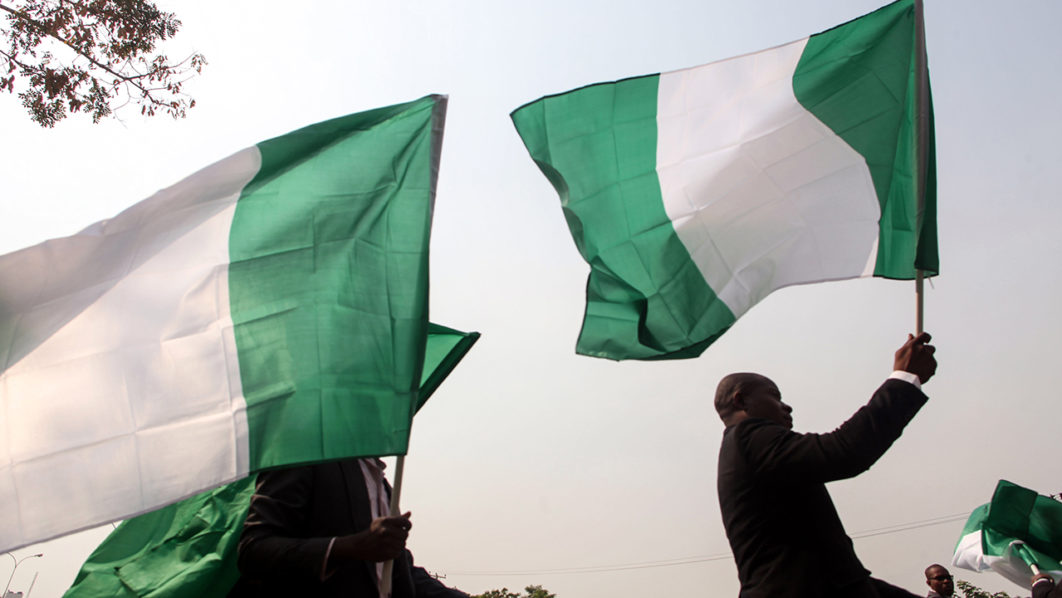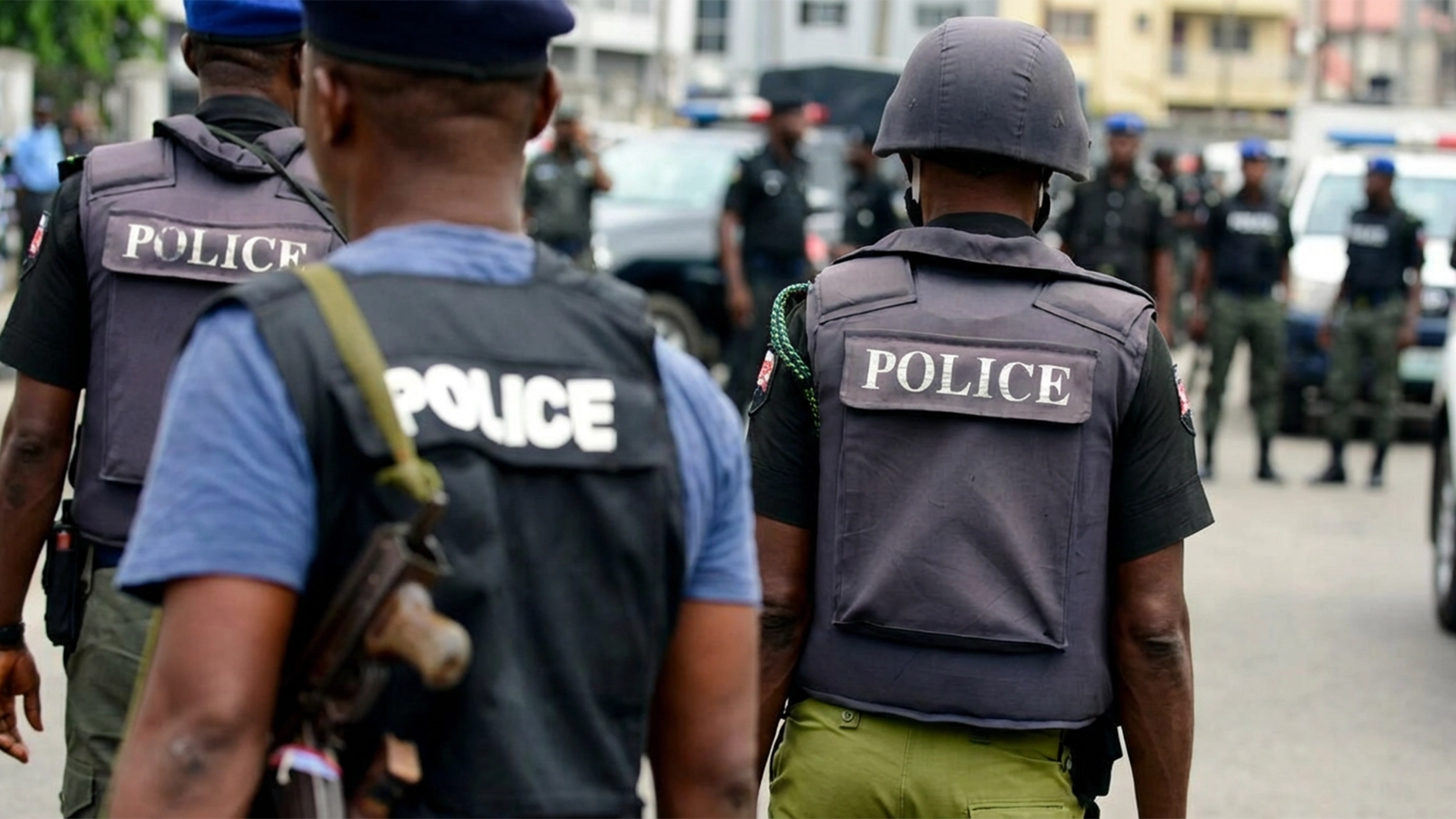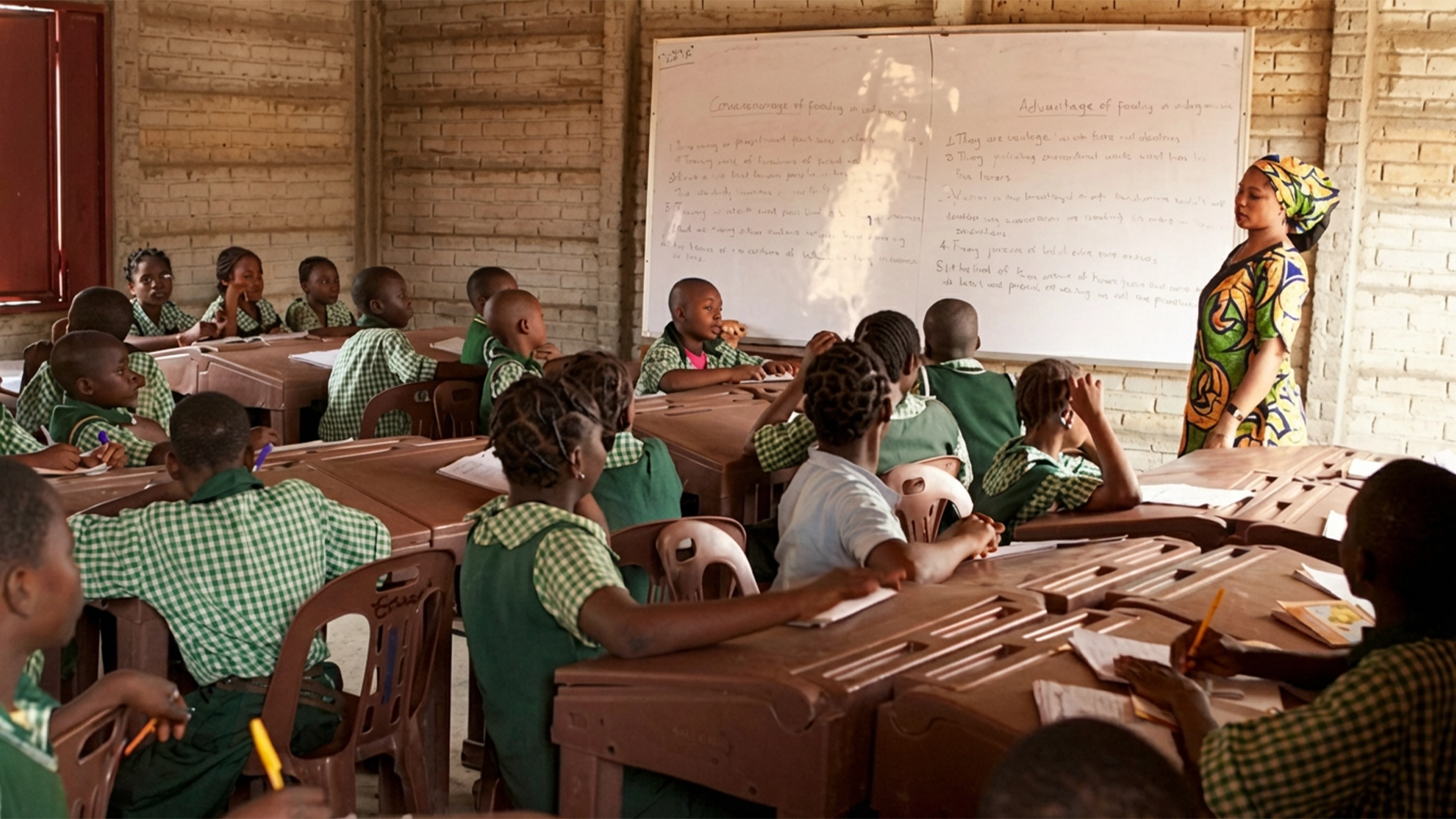
Today’s celebration of Nigeria’s 64th independence anniversary is necessarily an occasion to acknowledge the fact that successive governments in the past years have derailed in terms of fulfilling the yearnings and aspirations of those who fought for the independence of the country. More lamentable is that Nigeria indeed worked, at least for a period, as a nation of diverse nationalities, blended by a determination to seek strength from its diversity; but at a point in time, some spanners were thrown into the works, and since then, it has been a steady downward slide for the country. Today, Nigerians have little to be proud of about their country, having been reduced largely to beggars and in penury of global note. Yet, everyone agrees that judging from the vast resources that Almighty God has showered on the country, Nigerians should be among the most wealthy and most comfortable in the world. That this is not so, speaks volumes of the mismanagement of the polity, and subsequently, the economy, translating into massive social dislocation in practically every sector. President Bola Ahmed Tinubu, on whom the mantle of leadership presently resides, should view this day as an opportunity to re-invent Nigeria and redirect it to the path of national and international greatness.
Government at all levels should reflect on today’s dire realities and project a comely future for millions of downhearted citizens. As a country that began with high hopes amid immense potential in all fields of endeavour, Nigeria is not where she ought to be.
Compared to how Nigeria started in 1960, a country that was destined for freedom, peace and unity, today’s Nigeria is characterised by woes of neocolonialism and sustained fratricidal attrition. To say it as it is, Nigeria is at a crossroads. Too many forces are at work to hobble and destabilise Nigeria; they make good governance an arduous and impossible task. This is the time to put the country on the slab for a reset. This is expedient and President Tinubu must not trifle with it.
In terms of growth and progress made in expanding the choices available to Nigerians, to enable them to live valuable lives and achieve their full potential, the United Nations Programme (UNDP), reports that Human Development Index for the country in 2023-2024 is low at 0.548, despite a 22 per cent increase in 19 years. This is attributed to inequality, estimated at 32.7 per cent, with the country’s 33 per cent population being multidimensionally poor since 2021. Poverty levels are projected to be 38.8 per cent in 2024, with unemployment, low consumer spending and citizens purchasing power being severely degraded.
In the first half of the year 2024 and still, hunger stalks the streets in ways never known in the country’s history. The World Food Programme (WFP) projected that not less than 26.5 per cent of Nigerians will face acute hunger. Whereas the economy at independence was largely agrarian, with agriculture accounting for 75 per cent of Foreign Exchange and 68 per cent of the Gross Domestic Product (GDP), in 2024, Nigeria is unable to feed an estimated 218.5 million population. Food imports in the first quarter of 2024 were a staggering N920.54 billion, according to the Nigeria Customs Service (NCS). Nigeria is not food secure and that’s certainly not the wish of her founding fathers going by templates they handed to the newer generations. With an arable land of 36872000ha (40.9 million ha according to World Bank 2021) and good climatic conditions, Nigeria has no reason to import food, let alone become food insecure.
Among her peers, Nigeria’s economy at independence was impressive. The real gross domestic product (RDP) recorded a growth of 3.1 per cent within the first 10 years from 1960-70. By 1978, it was 6.2 per cent. At the onset, the drive for growth was upbeat, with a National Development Plan in place (1962-68). The objective was to harness primary products for export. Between 1970 and 74, the Second Development Plan was envisaged to expand gains in agricultural industries and invest in road and rail transportation. The failure to keep faith with development plans not only truncated real growth, it exposed the economy to external controls. Failure to consolidate gains in agriculture led to incremental reliance on importation. Failure to build local industry and transfer skills led to import and gross failure of the substitution policy formulated by the government. Added to that is the refusal by the government to protect local industry. To date, political authorities prefer imported luxury goods.
In China, India and other Southeast Asian countries that share similar socio-economic backgrounds with Nigeria, the governments prioritise transfer of technology and protection of local industry. As Nigerian politicians and the elite cultivated lust for luxury food and automobiles from developed countries, Nigeria failed to protect local manufacturers and secure jobs. Over the decades, officials expended scarce foreign exchange on imports while we export job opportunities to countries that are producing. Nigeria in 2021 was rated by Global Data as having the second highest unemployment rate globally at 34.1 per cent. With her largest youth population in the world, around 70 per cent being under 30 and 42 per cent under 15, Nigeria cannot afford to lag for long. She ceded the production of tyres, automobile batteries and accessories to China and India. In renewable energy technology, Nigerians are consumers rather than producers. China controls over 70 per cent of the global solar panels market, according to Time. They invested hundreds of billions of dollars to develop capacity in the year 2000.
The country is noted for signing economic MoUs and partnerships that are poorly executed. Our state governors run to China to sign MoUs, yet after they leave office, they do not leave concrete evidence of work done apart from huge debts. According to the Debt Management Office (DMO), Nigeria’s external debt stock as of March 2024 is $42.11 billion. The political class is profligate and not accountable. No nation cannot build a prosperous future like this.
The government is in order to plan the events slated to mark the Independence Day anniversary to be “low-keyed to reflect the trying times the nation is undergoing.” Very well put. Nigeria is not just going through trying times, it is the political class that has dragged the country to the cliff. They have done that by condoning corruption, enthroning nepotism and running governments as private enterprises.
This government still has the opportunity to pull the country back from the abyss. There is economic and political turmoil in the land. A genuine and selfless leadership is what can rescue the country, not palliative measures that are unaccountable and self-serving.
Let this government focus on insecurity with good conscience and put together a team that is genuine and not afraid to step on toes. Nigeria needs courageous men like her forebears who took Nigeria to the world stage at the United Nations and their voices echoed self-assurance, not timidity. Nigeria needs to make her voice resounding in global affairs and be among the front row in Africa
Let this not be another occasion for propaganda and lies as the government has announced to use the commemoration to showcase its achievements and so-called reform initiatives. Let it be clear that Nigeria has fallen. It’s no time for usual vainglories and but time for a true reflection. Let the day reflect the mood of wanton misery in the land. Let the political class repent!
64 years on, time to reset Nigeria for real growth

[FILES] Nigerian flag





